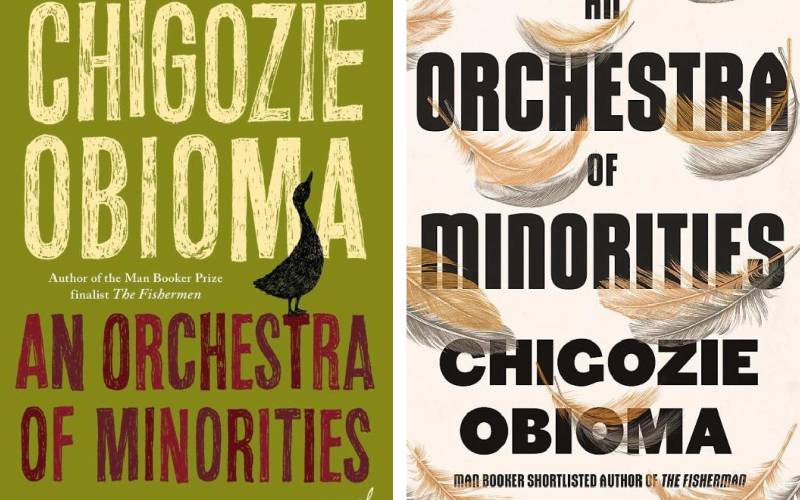×
The Standard e-Paper
Home To Bold Columnists

Since The Book Thief by Markus Zusak, An Orchestra of Minorities by Chigozie Obioma, written from the Chi’s point of view is the closest I have come to an atypical narrator that I can relate to.